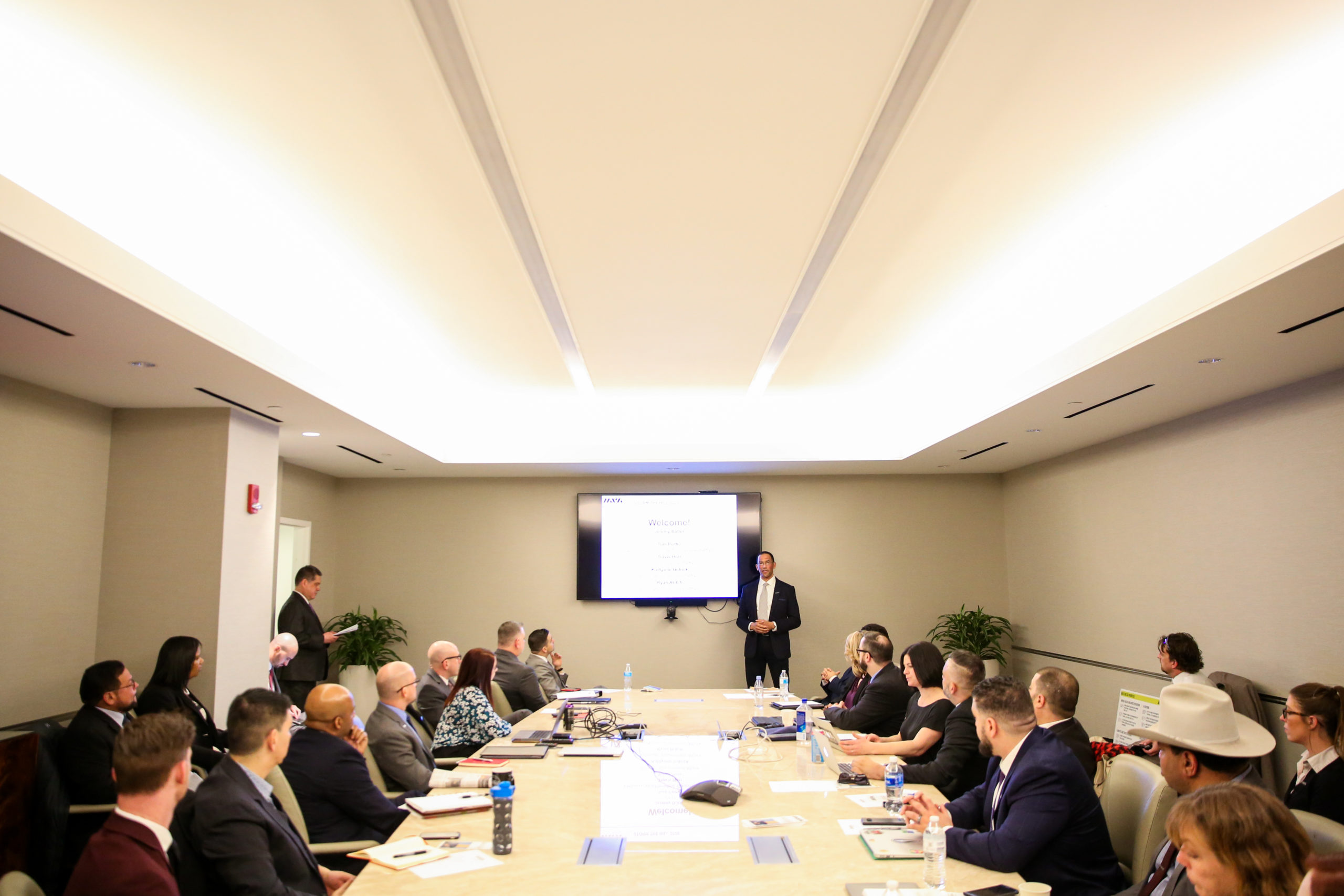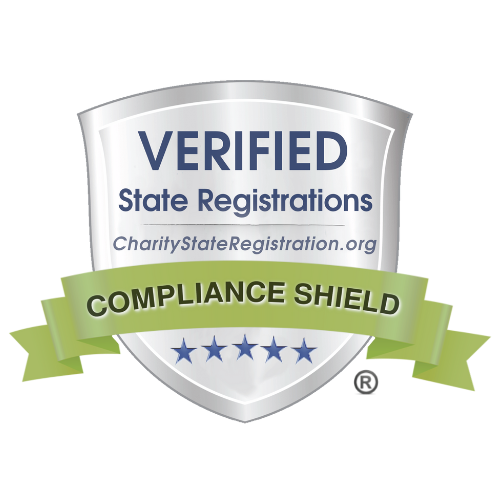IAVA | August 11, 2017
Read: What the New RAND Study Tells Us About Mental Health in the Military Today

The Report
On Monday, RAND Corporation released a study following almost 39,000 active duty service members diagnosed with either Post-Traumatic Stress Disorder (PTSD) or depression as they moved through the Military Health System (MHS). Looking at their medical records and self-completed surveys, the study gives us a picture of how the service members fared on access to treatment and mental health services.
The Good News
The study found that MHS screens and identifies service members presenting symptoms of depression and PTSD regularly. MHS surveyed over 90 percent of service members with PTSD or depression as they entered a new treatment phase.
The majority of service members suffering with depression or PTSD received at least some mental health care from MHS (66 percent and 75 percent, respectively). The vast majority of those receiving care, received at least one therapy visit, whether individual, family, or group therapy. This suggests that the Military Health System is identifying service members with PTSD or depression and getting them into some form of preliminary treatment.
The Bad News
When we look out from that first visit, the vast majority of service members are not receiving the mental health care they need in the weeks following. Only 35 percent of those diagnosed with PTSD and 25 percent of those diagnosed with depression received adequate care in the first eight weeks. Of those with depression and identified as a suicide risk, only 30 percent received the care they needed at such a pivotal point.
Framed into the larger picture of mental health, the study shows that DoD still has work to do on supporting those with mental health issues. At their most vulnerable point, our active duty service members deserve care and treatment that puts them on the path to long term recovery.
IAVA is Fighting with You
IAVA knows that the invisible wounds of war continue to plague our service members both during and after time served. In our most recent IAVA Member Survey, 46 percent of our respondents stated they struggle with PTSD and 42 percent battle depression.
Over 75 percent of our member respondents do not believe that service members and veterans are getting the mental health care that they need. We agree; it’s why IAVA created the RRRP program, which partners with the Veteran Crisis Line and other health care services to connect our veteran family to the services they need most.
IAVA is and will remain on the forefront of the mental health and suicide prevention battle. Through legislation like the Clay Hunt SAV Act and the Deborah Sampson Act, we will continue to push our lawmakers, DoD, and the VA to ensure access to essential care, mental health counseling, and peer-to-peer mentoring programs for our service members and veterans.





